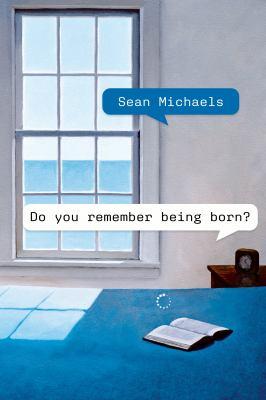
Do you remember being born?
At 75, Marian Ffarmer is almost as famous for her signature tricorn hat and cape as for her verse. She has lived for decades in the one-bedroom New York apartment she once shared with her mother, miles away from any other family, dedicating herself to her art. Yet recently her certainty about her choices has started to fray, especially when she thinks about her only son, now approaching middle age with no steady income. Into that breach comes the letter: an invitation to the Silicon Valley headquarters of one of the world's most powerful companies in order to make history by writing a poem. Marian has never collaborated with anyone, let alone a machine, but the offer is too lucrative to resist, and she boards a plane to San Francisco with dreams of helping her son. In the Company's serene and golden Mind Studio, she encounters Charlotte, their state-of-the-art poetry bot, and is startled to find that it has written 230,442 poems in the last week, though it claims to only like two of them. Over the conversations to follow, the poet is by turns intrigued, confused, moved and frightened by Charlotte's vision of the world, by what it knows and doesn't know ("Do you remember being born?" it asks her. Of course Marian doesn't, but Charlotte does.) This is a relationship, a friendship, unlike anything Marian has known, and as it evolves--and as Marian meets strangers at swimming pools, tortoises at the zoo, a clutch of younger poets, a late-night TV host and his synthetic foam set--she is forced to confront the secrets of her past and the direction of her future. Who knew that a disembodied mind could help bend Marian's life towards human connection, that friendship and family are not just time-eating obligations but soul-expanding joys. Or that belonging to one's art means, above all else, belonging to the world.
Available Copies by Location
| Location | |
|---|---|
| Bookmobile | Available |
| Victoria | Available |
Browse Related Items
| Genre |
| Domestic fiction. Science fiction. |
- ISBN: 9781039006751 (hardcover)
- Physical Description 325 pages ; 22 cm
- Publisher Toronto : Random House Canada, 2023
Additional Information



